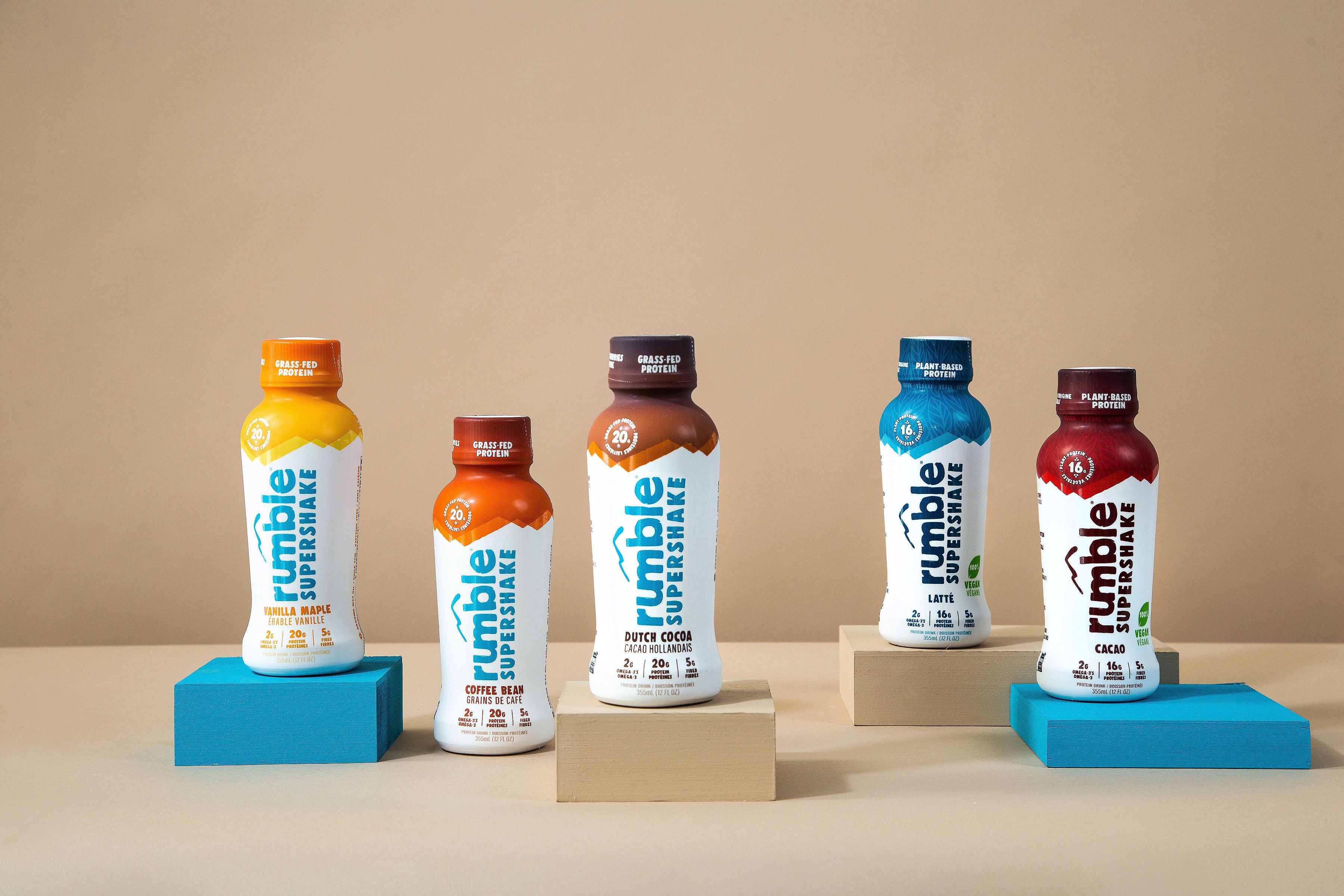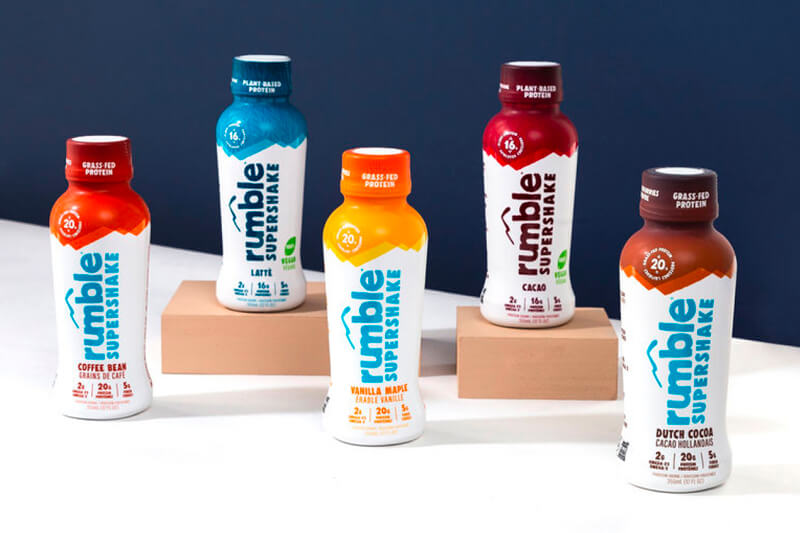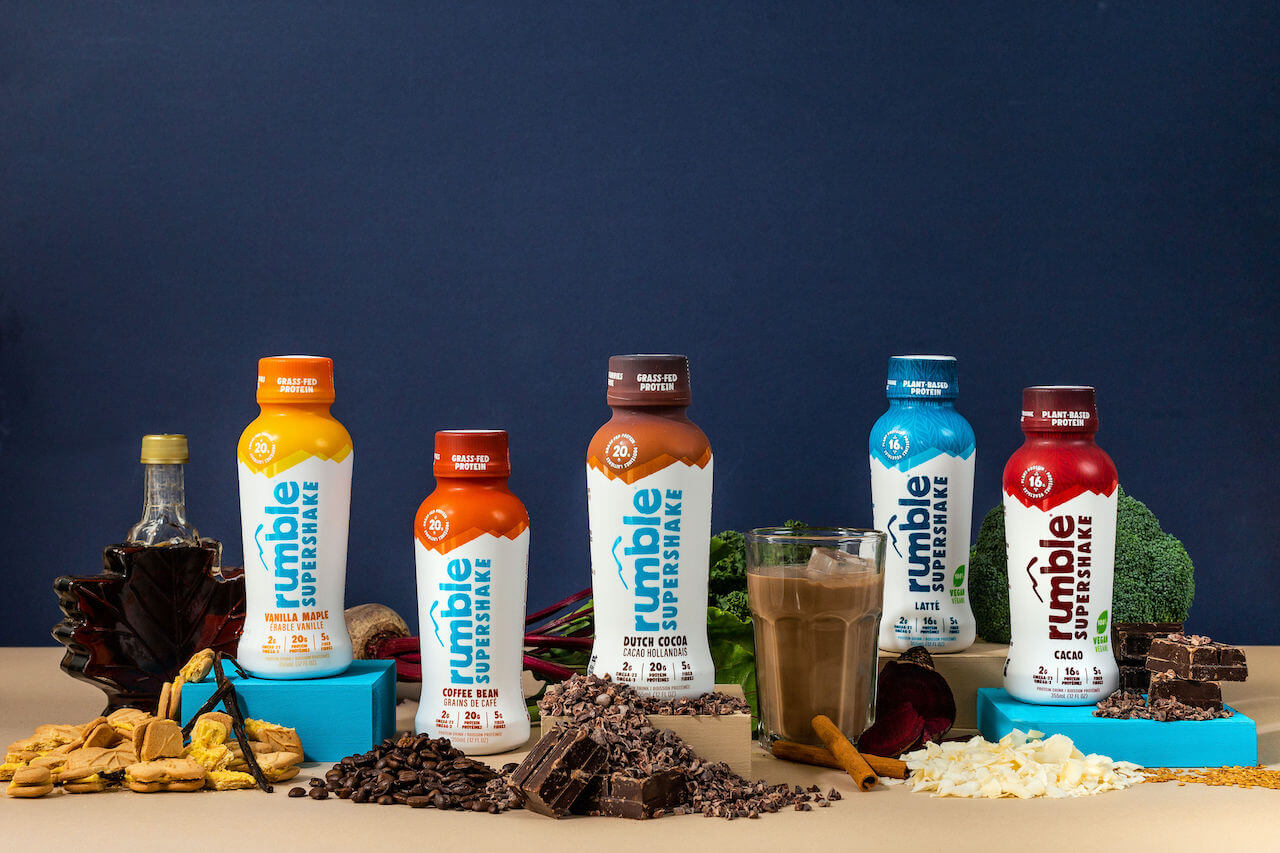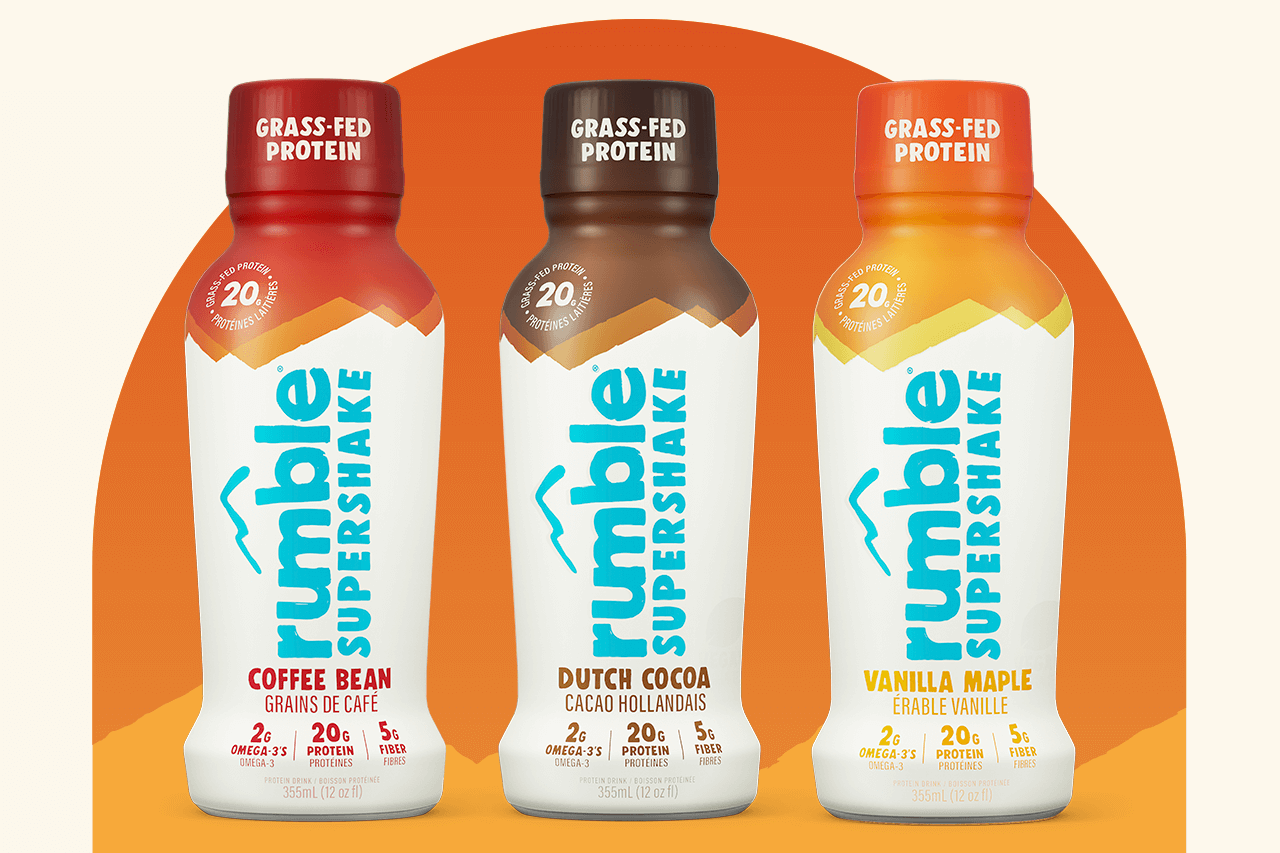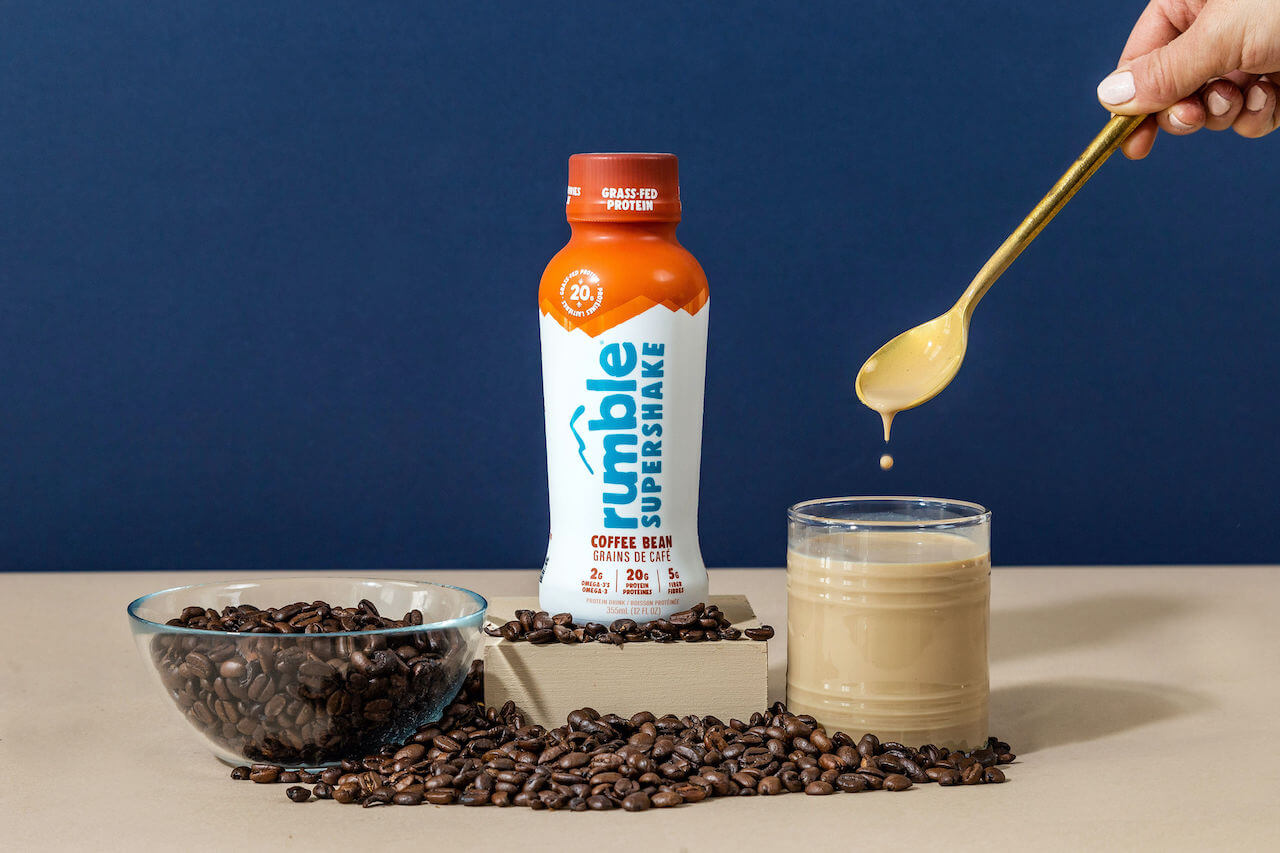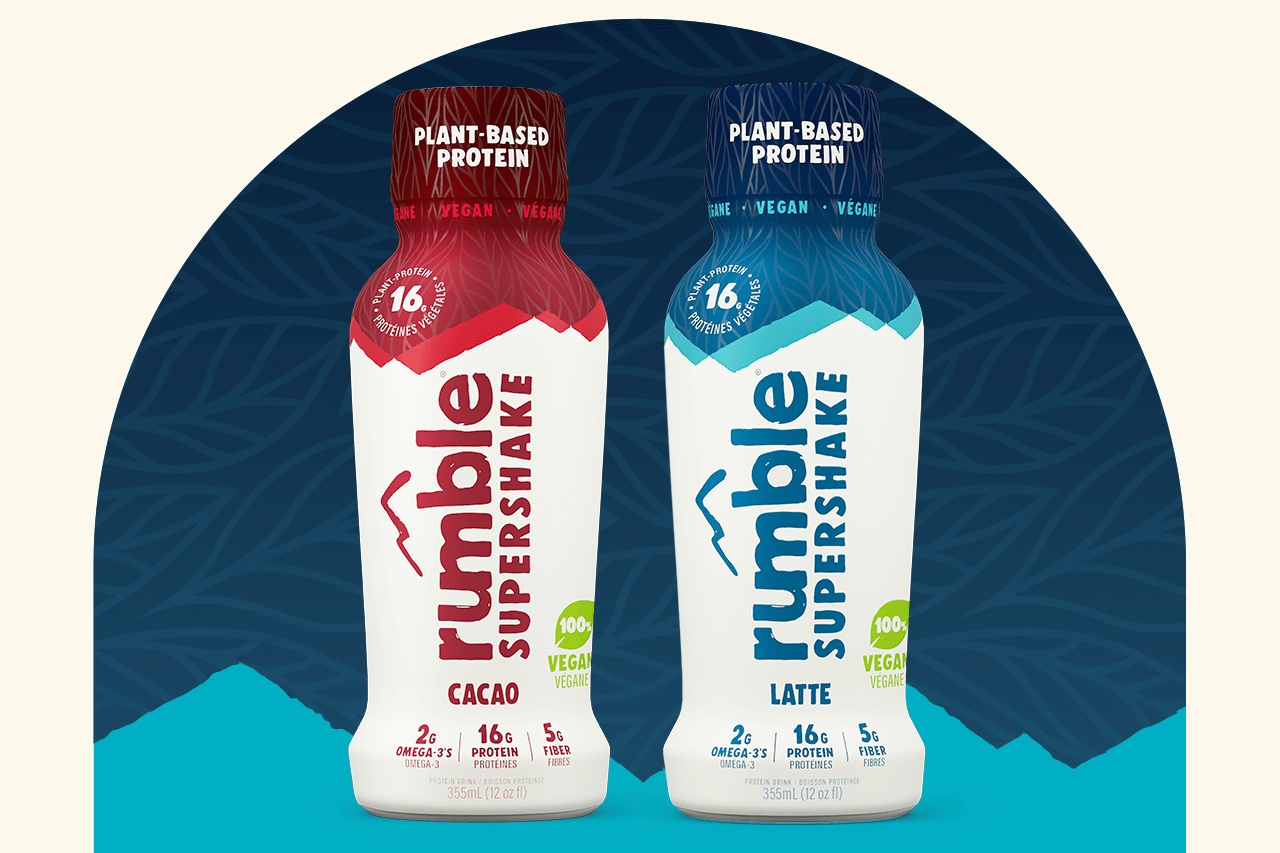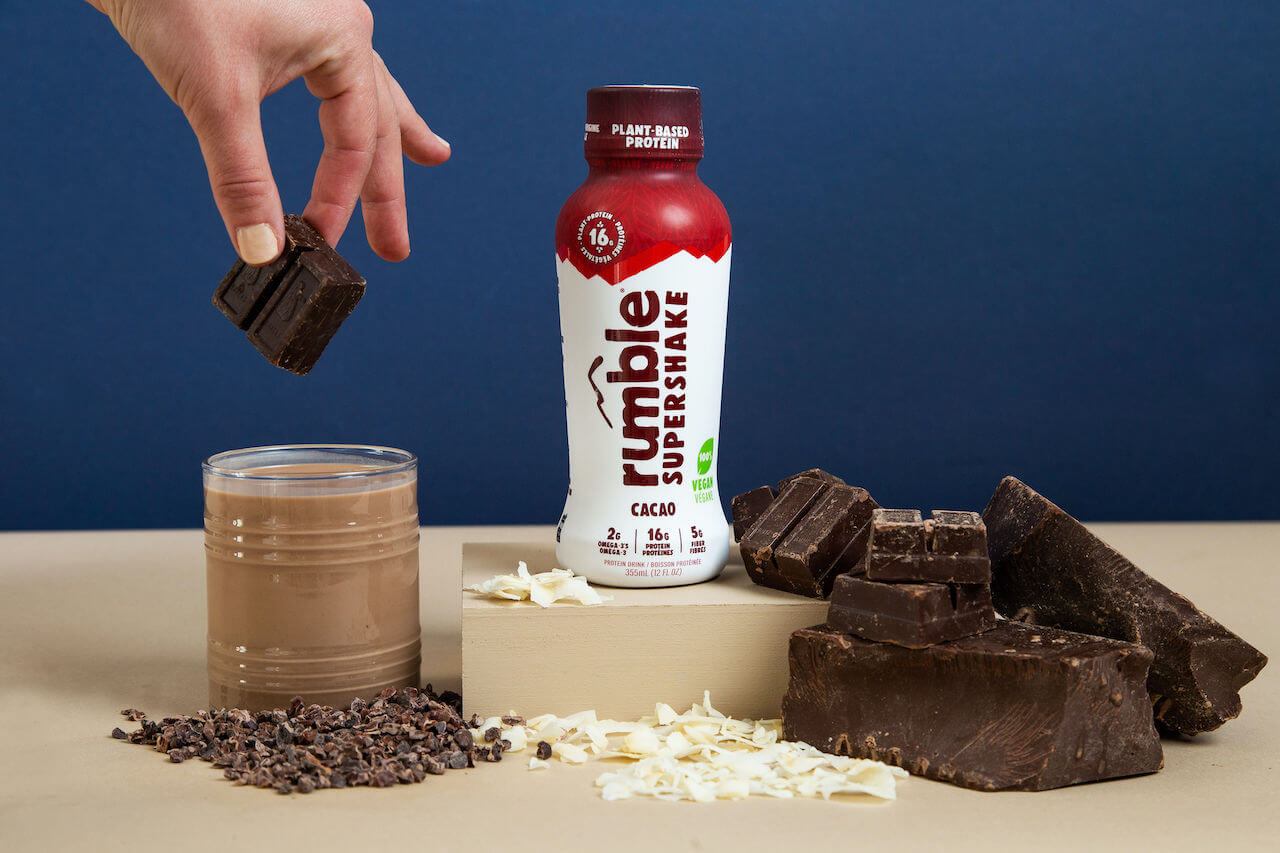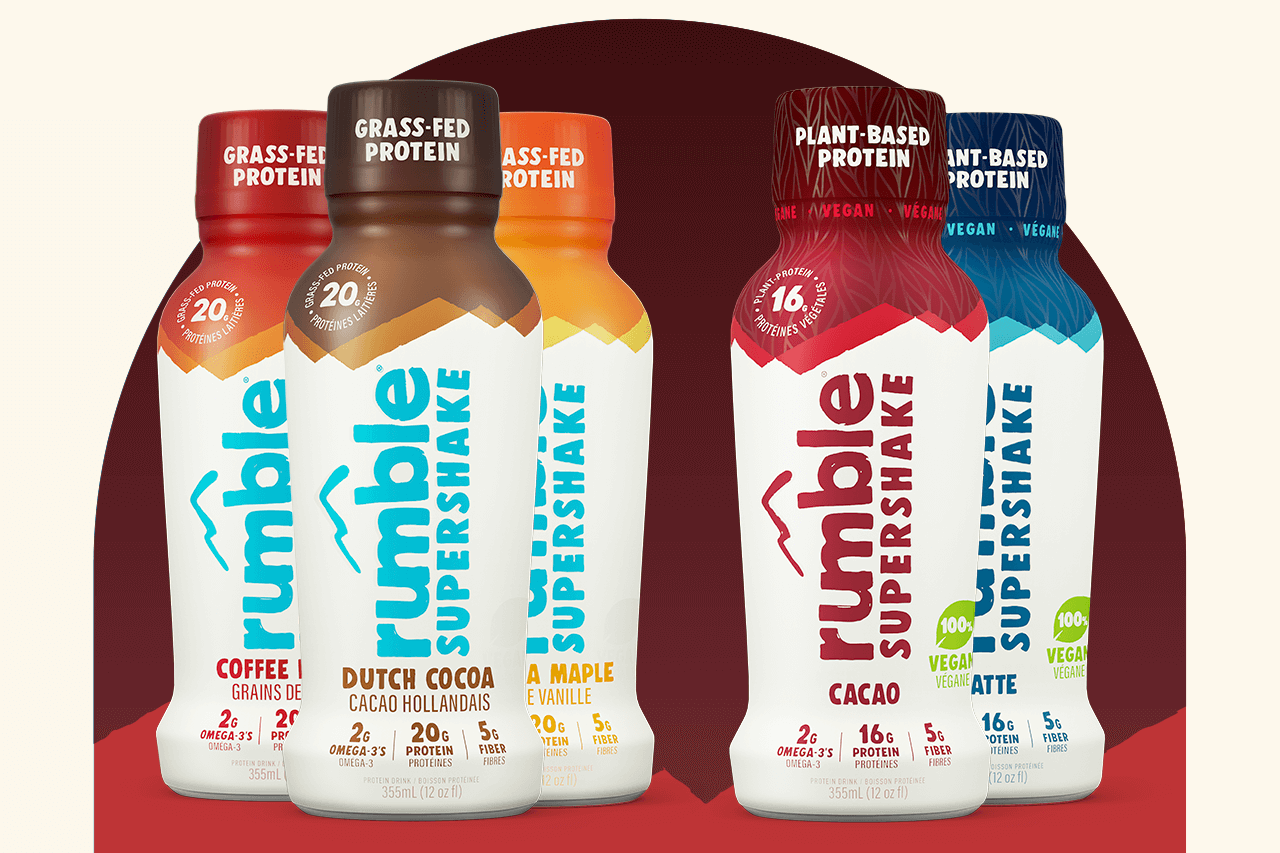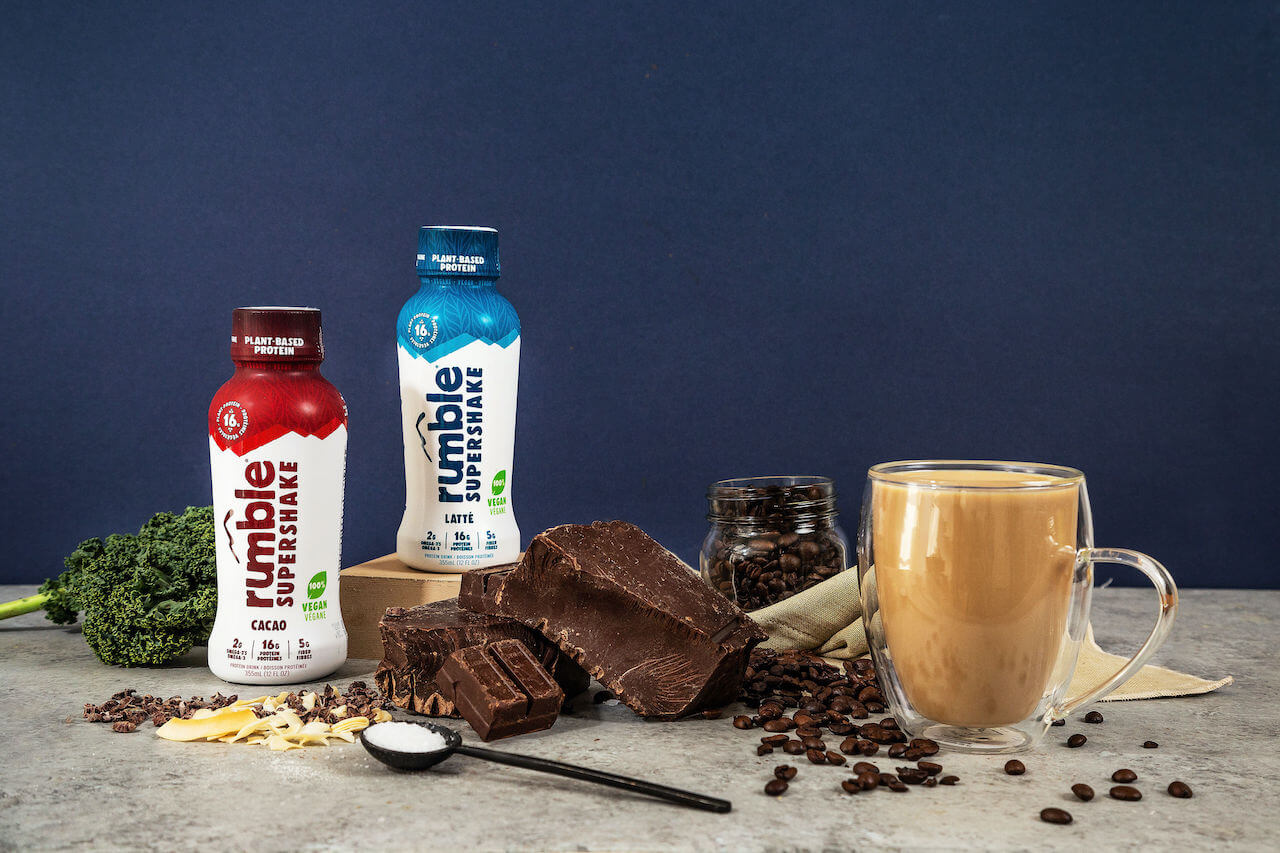Sand on the Podium: Q&A with Canadian Beach Volleyball Player Shanice Marcelle

Rumble athlete Shanice Marcelle is at the top of her game. A former UBC Athlete of the Year, Shanice is a professional beach volleyball player from Victoria, BC, competing for Canada. With the 2020 Olympics around the corner, training is ramping up in her current city of Toronto, and the pressure is on.
Beach volleyball only became an Olympic sport in 1992, and has become one of the most popular sports to watch during Summer Olympics primetime coverage. But don’t let the swimsuits fool you - with only two players to a court, it’s a fast-paced and intense game that requires pure athleticism to master.
Here, we ask Shanice what drew her to the sport, what life is like as a professional beach volleyball player, and how she navigates her sport’s reputation.
Q: You must have been a pretty epic player on your high school volleyball team. Did you play throughout school?
A: I’ve been playing volleyball since I was in grade 5! I was always known for my jumping and attacking ability so throughout highschool I was fairly intimidating for other teams.
Q: What were some of the highlights playing last year for Team Canada?
A: The first big highlight was making the National team. I had my doubts after taking 2 years off, so I was incredibly proud of the hard work that I put in to make the team. The other highlight would be the last event I played at the end of the year. My partner and I were in the qualification tournament to start, so we had to earn our way into the main tournament by upsetting a higher ranked team which we did. Then we weren’t expected to make it out of our pool, but a few upsets later we found ourselves in the first round of playoffs, and ended up finishing 17th!
Q: When does the 2020 season start? How are you preparing now?
A: The season will start March 18 in Coolangatta beach, Australia. Currently I’m training in Toronto full-time (which consists of on-sand training, lifting, and conditioning) five days a week.
Q: From 2016 to 2018, you were sidelined by injuries - how did you pass the time in recovery? What made you return to the sport in 2019?
A: Recovery consisted of a lot of physical therapy for my body, and some time away from volleyball for my mind. I made an effort to try a lot of new things and challenge myself to grow in ways that I wasn’t used to. I tried yoga, I started coaching, I had a few part time jobs, but I was always training and preparing myself to make it back to the court. When my body was physically ready I was able to get back to it with a renewed love for the game.
Q: You only made the switch from indoor volleyball to beach volleyball last year - why did you make that move?
A: In 2016, I was a member of our indoor national team and we had failed to qualify for the Rio Olympics. During that time I was struggling through an overuse shoulder injury and ended up having surgery by the end of the year. I knew that I wanted to continue playing volleyball, but I didn’t think my shoulder would be able to handle the demands of the power-dominant indoor game. I had previous beach experience and decided that the finesse style of the sport was better suited for my body.

Q: Does beach volleyball require different skills or qualities compared to indoor volleyball?A: Yes and no! The game isn’t completely foreign to me as I played a lot during my youth so my understanding of the sport was quite high. Physically it was very challenging. In beach my position is as a blocker so I am constantly running to and from the net every play. Let’s just say that when I started my cardio was nowhere close to where it needed to be.
Q: Was it a difficult transition?
A: In general the skills across both sports are very similar. The biggest difference would be that beach volleyball is played with 2 athletes on the court, whereas indoor volleyball is played with 6. The other main difference is that athletes in indoor volleyball are very specialized by position and during a rally there is a potential that you may be on the court and not touch a ball. On the beach you are touching the ball every other contact, and since there are no substitutions you have to be highly proficient in all skills.
Q: Beach volleyball isn’t always taken as seriously as indoor volleyball - have you ever felt that as an athlete?
A: Definitely. Unfortunately to some beach volleyball can be seen as a sexualized sport because of our uniforms - but I am so proud to be a beach volleyball athlete. My body has been through some incredibly challenging times and yet it enables me to do some amazing things in what I would argue can be harsh conditions. We battle intense heat, rain, and wind while managing to execute the game. We cover a crazy amount of court for just 2 people, and our game is shorter and quicker with less time between rallys. If that’s not a serious sport I’m not sure what is.
Q: You’ve competed in over 22 countries - any favourite beaches or places?
A: Kitsilano beach in Vancouver is my favourite Canadian beach. My next favourite would be Manly beach in Sydney, Australia!
Q: 2020 is an Olympic year! How does that affect your training and goals?
A: In the sport of beach volleyball Canada can send up to 2 teams per gender to the Olympic Games. We have already qualified one female team for the games, and our 2nd team is currently holding an Olympic position as well. The goal for 2020 is to be Olympic alternates for our teams, and to best support them on their path to medalling at the games. Training doesn’t change this year compared to others, but you can definitely feel an added intensity and purpose to training as the final push to the games inches closer.
Q: How do you train to stay competitive, even in off-season?
A: Due to my previous injuries and need for recovery I take at least 2-3 weeks of my off-season away from the sand. I’ll still lift weights, and focus on cardio, but I’ll take a good break from even touching a ball. I’ve tried yoga in my off season, spin classes, and group fitness classes just to add a little variation into my training during this period and see what areas I still need improvement in.
Q: How does Rumble fit into your diet?
A: I love to use Rumble as a post-training recovery shake. Whether it’s after practice, or after lifting in the weight room, it’s the first thing I’ll put into my body to start that recovery process so I can get adequate protein and nutrients throughout my busy days.
Q: Are you able to squeeze in any other sports or activities when you’re not competing?
A: Volleyball has always been my one true love when it comes to sports. When I’m not training or competing I actually love to let the athlete in me relax a little bit and dive into my more creative side. When I’m not competing you can catch me painting, drawing, knitting, or baking to pass the time.

Q: How else are you involved in your community?
A: During my off-season months I’m really active in coaching and working towards my certification. I currently work as an Assistant coach with the York University Lions women’s volleyball program. I also coach a senior girls high school team, and U12 girls and boys teams during their seasons. It’s busy, it can be a lot of volleyball at times, but I love having the ability to impact someone’s life through sport in a positive way as it has so greatly influenced mine.
Q: Any advice for aspiring young athletes?
A: Never give up on your dreams. Even if it scares you, or better yet challenges you, don’t be quick to give up on it. You might fail in your pursuit, or you might succeed, but I guarantee that whatever the outcome, it is always worth it.
Q: Oh, and probably the most important question - what’s your favourite Rumble flavour?
A: Dutch Cocoa. No wait. Coffee Bean. Hmm can I pick Vanilla Maple? I love them all :)
Follow Shanice on Instagram: @shanicemarcelle18


